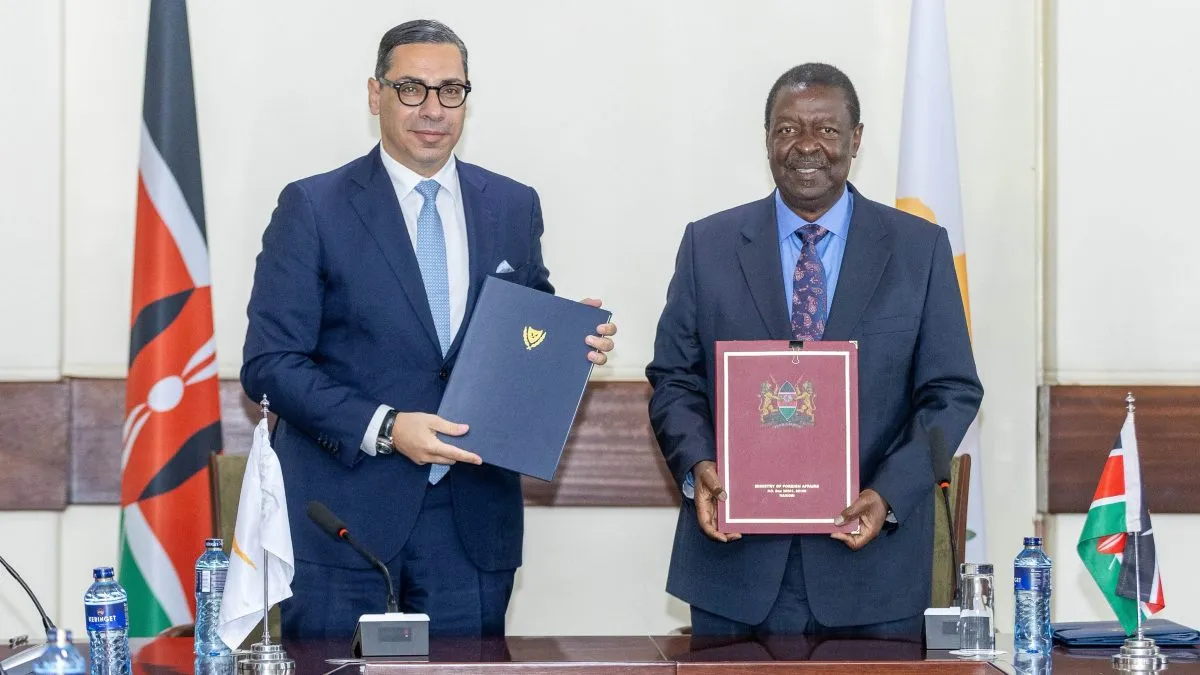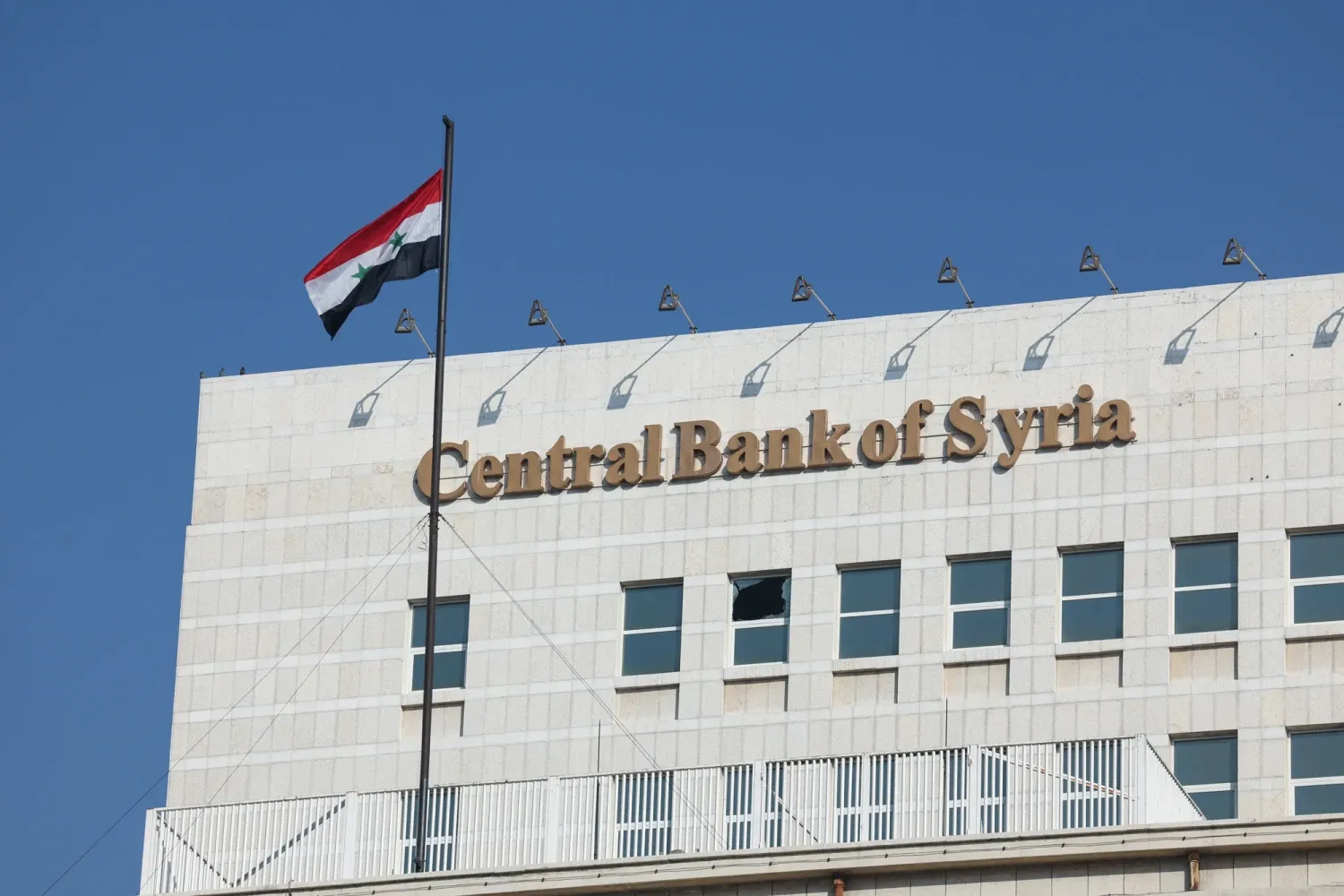Treasury Cabinet Secretary John Mbadi has called on Kenyans to exercise patience as the government embarks on an ambitious plan to revitalize the country’s economy. Speaking during President William Ruto’s visit to Kisumu, Mbadi reassured the public that significant economic improvements would be realized within 24 months. His optimism comes at a time when Kenya is grappling with persistent economic challenges, including a high cost of living and slowed economic growth.
Mbadi’s Promise of Economic Revival
John Mbadi, who was sworn in as the National Treasury and Economic Planning Cabinet Secretary on August 8, 2024, succeeding Prof. Njuguna Ndung’u, has wasted no time in addressing the critical state of the economy. During his address in Kisumu, Mbadi emphasized that the government has a clear plan to stabilize and revive the economy within two years. “Hii uchumi ya Kenya mtupatie tu one year, the second year itafufuka,” he said, urging Kenyans to give the government a year to stabilize the economy and another to set it on a path to recovery.
Mbadi’s statement comes against a backdrop of economic hardships that have seen Kenyans protest against rising living costs and economic inequality. Despite these challenges, Mbadi remains confident that the measures the government will implement will bear fruit in the near future.
Current Economic Challenges
Kenya’s economic situation has been precarious, with the country facing high inflation rates, unemployment, and a significant public debt burden. Although the annual inflation rate fell to 4.3% in July 2024, down from 4.6% in June, many Kenyans continue to struggle with the high cost of living. According to the Kenya National Bureau of Statistics, food and non-alcoholic beverage prices remained steady at 5.6% in June, while monthly consumer prices saw a slight decrease of 0.2% in July after rising by 0.4% in June.
The decline in inflation is a positive sign, but it has not been sufficient to alleviate the financial pressures on the average Kenyan household. The cost of basic goods and services remains high, and wage growth has not kept pace with inflation, leading to a decline in real income for many workers. Additionally, the government has been dealing with public discontent, evidenced by recent protests led by the Gen Z generation, demanding better governance, transparency, and economic reforms.
Mbadi’s Economic Strategy
John Mbadi has outlined a comprehensive strategy to address the economic challenges facing Kenya. Key to his plan is the stabilization of the economy within the first year of his tenure, followed by a more robust recovery in the second year. Mbadi’s approach includes a focus on fiscal discipline, economic inclusivity, and infrastructure development.
One of the significant elements of Mbadi’s strategy is the “Inclusivity Budget,” which aims to ensure equitable distribution of development projects across the country. During his speech in Kisumu, Mbadi highlighted the disparity in electricity penetration between different regions, pointing out that while the national average stands at 76%, regions like Nyanza lag at 40%. The Inclusivity Budget is intended to address such disparities by allocating resources to underdeveloped areas, thereby fostering nationwide economic growth.
Mbadi’s plan also involves close collaboration with President Ruto and the Cabinet to implement policies that will attract investment, create jobs, and reduce the cost of living. He has acknowledged the enormity of the task ahead but expressed confidence in the government’s ability to overcome the challenges. “I’m very much aware the task bestowed on me is not a mean assignment, especially during this time the country is experiencing deep economic challenges,” Mbadi stated, reaffirming his commitment to the economic revival plan.
Challenges Ahead
While Mbadi’s optimism is encouraging, the road to economic recovery is fraught with challenges. Kenya’s public debt has ballooned in recent years, with debt servicing consuming a significant portion of the national budget. This has limited the government’s ability to invest in critical areas such as healthcare, education, and infrastructure. Furthermore, the global economic environment remains uncertain, with factors such as fluctuating commodity prices, rising interest rates, and geopolitical tensions posing risks to Kenya’s economic stability.
Additionally, the government faces the challenge of restoring public trust. Recent protests have highlighted the growing dissatisfaction among Kenyans with the government’s handling of the economy. To regain public confidence, the government will need to demonstrate that it is taking tangible steps to address the economic issues facing the country. This includes ensuring transparency in the management of public funds, tackling corruption, and implementing policies that benefit all Kenyans, particularly the most vulnerable.
The Role of the Private Sector
Mbadi has also emphasized the importance of the private sector in driving economic growth. The government plans to create an enabling environment for businesses to thrive by reducing bureaucratic red tape, improving access to finance, and enhancing infrastructure. The private sector’s role in job creation is particularly critical, given the high unemployment rate in the country, especially among the youth.
The government is also looking to leverage public-private partnerships (PPPs) to fund large-scale infrastructure projects. PPPs can help bridge the financing gap for essential infrastructure, such as roads, railways, and energy projects, without overburdening the public finances. Successful implementation of PPPs will require clear regulatory frameworks, transparency, and effective risk-sharing mechanisms between the public and private sectors.
Focus on Agricultural and Industrial Development
Agriculture remains the backbone of Kenya’s economy, contributing approximately 33% of the GDP and employing over 70% of the rural population. However, the sector has faced numerous challenges, including unpredictable weather patterns, pests and diseases, and limited access to markets and finance. Mbadi’s economic revival plan includes measures to modernize agriculture by promoting the use of technology, improving access to credit for farmers, and expanding irrigation schemes to reduce dependence on rain-fed agriculture.
The government also aims to boost industrial development as a key driver of economic growth. This involves enhancing the manufacturing sector, which currently contributes about 10% to the GDP. By encouraging local production and reducing reliance on imports, the government hopes to create jobs, increase export earnings, and stimulate overall economic growth. Initiatives such as the “Buy Kenya, Build Kenya” campaign are part of the broader strategy to promote local industries.
Social Welfare and Economic Inclusivity
As part of the broader economic recovery plan, the government is keen on improving social welfare programs to cushion the most vulnerable Kenyans against the harsh economic realities. Social protection programs, such as cash transfers to the elderly, orphans, and vulnerable children, as well as subsidies on essential goods, are some of the measures being considered.
Economic inclusivity also remains a key pillar of Mbadi’s strategy. The government intends to ensure that economic opportunities are accessible to all Kenyans, regardless of their socio-economic background. This includes providing support for small and medium-sized enterprises (SMEs), which are the backbone of the Kenyan economy, through better access to credit, training, and market linkages.
Looking Ahead
The next two years will be crucial for John Mbadi and the Kenyan government as they work to stabilize and revive the economy. The success of the economic revival plan will depend on the government’s ability to implement its strategies effectively, manage public expectations, and navigate the challenges posed by both domestic and global economic conditions.
Mbadi’s call for patience is a reminder that economic recovery is a gradual process that requires time, consistent effort, and collaboration between the government, private sector, and the public. If the government can deliver on its promises, Kenya could be on the path to sustainable economic growth, improved living standards, and a more inclusive economy. However, the journey will require careful planning, prudent management of resources, and a commitment to addressing the structural issues that have hindered economic progress in the past.
As Kenyans wait to see the outcomes of these efforts, the focus will be on whether the government can meet its ambitious targets and bring about the much-needed economic revival within the promised timeline. The next 24 months will be a test of the government’s resolve and capability to steer the country towards a brighter economic future.
Photo source: Google
By: Montel Kamau
Serrari Financial Analyst
30th August, 2024
Article, Financial and News Disclaimer
The Value of a Financial Advisor
While this article offers valuable insights, it is essential to recognize that personal finance can be highly complex and unique to each individual. A financial advisor provides professional expertise and personalized guidance to help you make well-informed decisions tailored to your specific circumstances and goals.
Beyond offering knowledge, a financial advisor serves as a trusted partner to help you stay disciplined, avoid common pitfalls, and remain focused on your long-term objectives. Their perspective and experience can complement your own efforts, enhancing your financial well-being and ensuring a more confident approach to managing your finances.
Disclaimer: This article is for informational purposes only and does not constitute financial advice. Readers are encouraged to consult a licensed financial advisor to obtain guidance specific to their financial situation.
Article and News Disclaimer
The information provided on www.serrarigroup.com is for general informational purposes only. While we strive to keep the information up to date and accurate, we make no representations or warranties of any kind, express or implied, about the completeness, accuracy, reliability, suitability, or availability with respect to the website or the information, products, services, or related graphics contained on the website for any purpose. Any reliance you place on such information is therefore strictly at your own risk.
www.serrarigroup.com is not responsible for any errors or omissions, or for the results obtained from the use of this information. All information on the website is provided on an as-is basis, with no guarantee of completeness, accuracy, timeliness, or of the results obtained from the use of this information, and without warranty of any kind, express or implied, including but not limited to warranties of performance, merchantability, and fitness for a particular purpose.
In no event will www.serrarigroup.com be liable to you or anyone else for any decision made or action taken in reliance on the information provided on the website or for any consequential, special, or similar damages, even if advised of the possibility of such damages.
The articles, news, and information presented on www.serrarigroup.com reflect the opinions of the respective authors and contributors and do not necessarily represent the views of the website or its management. Any views or opinions expressed are solely those of the individual authors and do not represent the website's views or opinions as a whole.
The content on www.serrarigroup.com may include links to external websites, which are provided for convenience and informational purposes only. We have no control over the nature, content, and availability of those sites. The inclusion of any links does not necessarily imply a recommendation or endorsement of the views expressed within them.
Every effort is made to keep the website up and running smoothly. However, www.serrarigroup.com takes no responsibility for, and will not be liable for, the website being temporarily unavailable due to technical issues beyond our control.
Please note that laws, regulations, and information can change rapidly, and we advise you to conduct further research and seek professional advice when necessary.
By using www.serrarigroup.com, you agree to this disclaimer and its terms. If you do not agree with this disclaimer, please do not use the website.
www.serrarigroup.com, reserves the right to update, modify, or remove any part of this disclaimer without prior notice. It is your responsibility to review this disclaimer periodically for changes.
Serrari Group 2025





